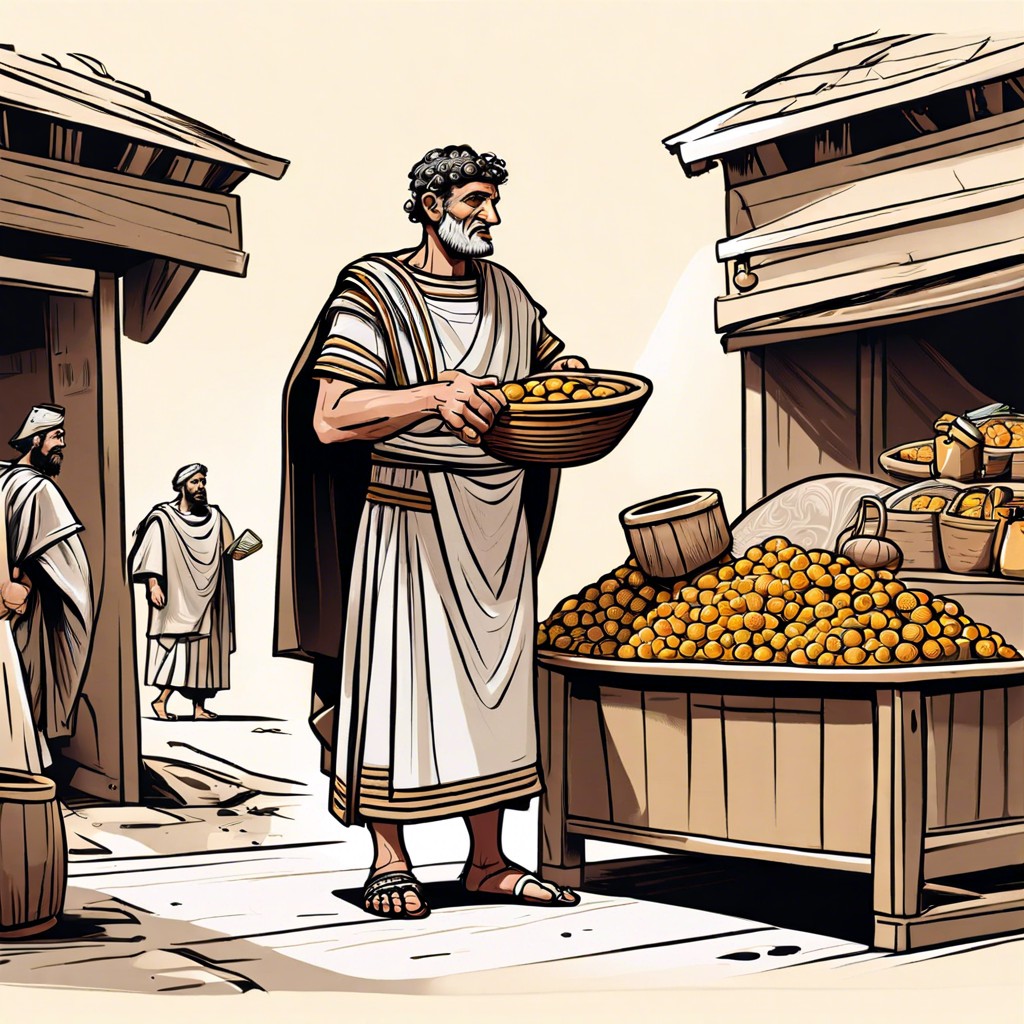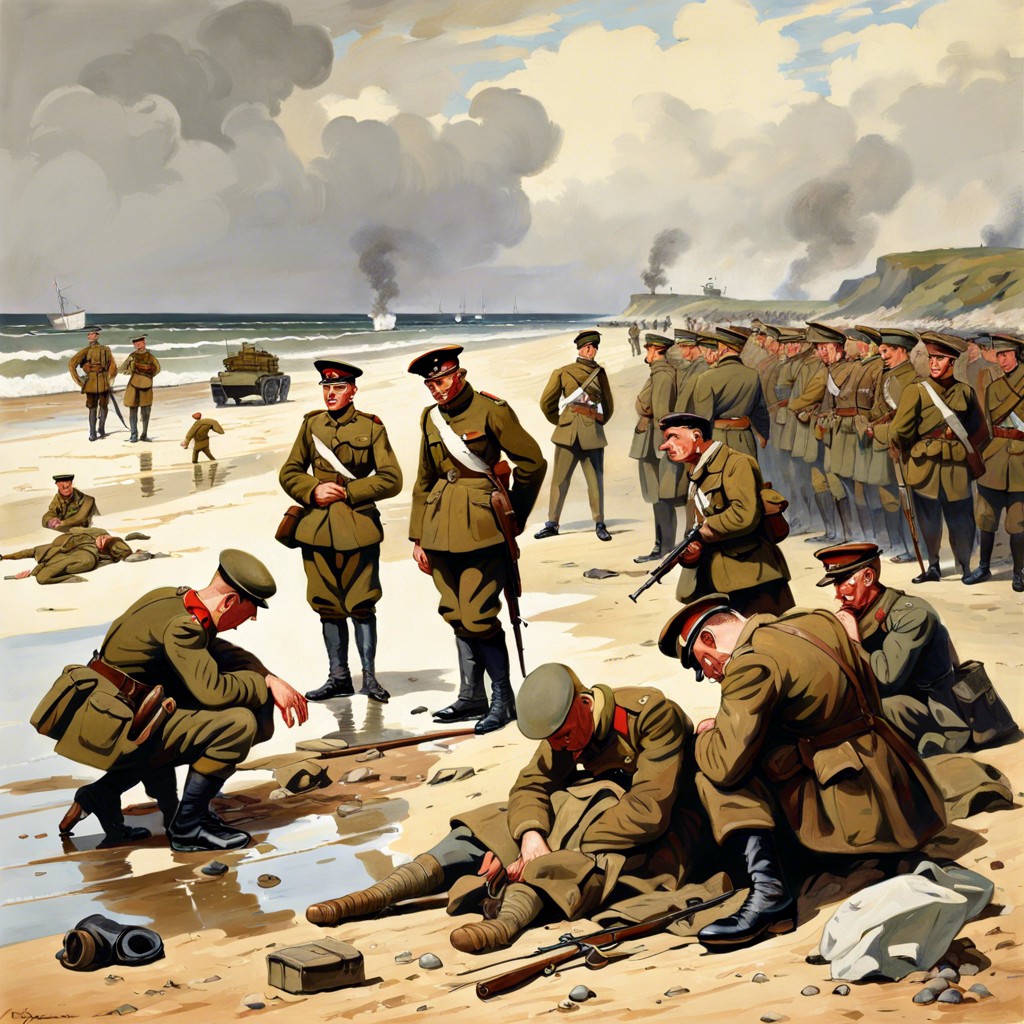Imagine a world where the Roman Empire never fell and how its enduring power would have shaped everything from our languages to our laws.
Picture a world where the mighty Roman Empire never crumbled to dust. What sort of economic stability would we see today? Imagine technological and cultural marvels beyond Da Vinci’s wildest dreams. Envision a political landscape and modern governance inspired by Roman ingenuity. What shifts in religion and Christianity might we uncover? And don’t even get me started on the juicy potential European borders! Dive deeper as we explore a tantalizing alternate reality where Rome still stands tall.
Key takeaways:
- Roman roads as trade highways, standardized currency, advanced agriculture.
- Roman Empire building holographic tutors, no leeches in medicine.
- Senate evolving into proto-democracy, citizenship privileges, Roman legal blend.
- Christianity slowed, religious pluralism challenged, Rome as religious melting pot.
- Europe with streamlined territories; Latin language, efficient governance.
Economic Stability and Expansion

Imagine a world where Roman roads aren’t relics studied in history books but bustling highways of commerce. The Roman Empire’s infrastructure was light years ahead of its time. Without the fall, those famous roads would have continued to expand, possibly linking Europe, Asia, and Africa in a seamless network of trade routes.
Currency would have standardized across vast regions. No fiddling with exchange rates; just one strong, shiny Roman coin in everyone’s pocket. Think of it as the ancient world’s equivalent of the dollar. Stability in currency means stability in markets, making trade smoother than a goblet of vintage Roman wine.
Agriculture, already advanced, would’ve flourished. Citrus fruits, wheat, olives – all cultivated with innovative techniques and shared across a unified empire. Maybe even an empire-wide food delivery system. Uber Eats, but with togas.
Slavery, a contentious part of Rome’s economy, could have evolved. With technological improvements and societal changes, there’s a chance labor practices would have modernized. Automated work? Early robotics? Who knows, but a consistent push for efficiency might have driven change.
Urban planning, another Roman specialty, could’ve continued to shape cityscapes. Aqueducts feeding megacities, sprawling public baths, and amphitheaters in every major hub. Public amenities galore, blending necessity and luxury.
Taxes, essential for funding such grand projects, could’ve been streamlined. A well-oiled bureaucratic machine collecting dues like clockwork, ensuring constant funding for development. Maybe less grumbling about taxes if they came with gladiator shows.
In a nutshell, if Rome had remained, we might be looking at an ancient empire with the economic prowess of modern superpowers, minus the Wi-Fi. A realm where commerce and innovation never hit a historic pothole.
Technological and Cultural Advancements
With Rome still standing, imagine the trajectory of technological wizardry. Roman aqueducts? Child’s play. We would likely sip our morning espresso while holographic tutors teach us Latin. Medicine could’ve skyrocketed, with ancient Rome’s knack for public health leading to a world where leeches would never grace a doctor’s office.
The arts would be no less stellar. Think about marble sculptures as pop culture icons, and Colosseum-sized theaters where Shakespeare writes in fluent Latin. Heck, they might even have reality shows featuring toga-clad participants!
Imagine a world where the Renaissance was just a Tuesday because the Greco-Roman tradition never needed a rebirth. Literature, philosophy, architecture – all constantly evolving instead of rebooting. The Sistine Chapel could have 10 cousins just as magnificent.
In Rome’s timeline, even city planning could rival our wildest utopias. Perfectly paved roads and efficient urban designs, with bustling markets and majestic temples mingling with futuristic monorails.
All this, of course, would hinge on their fervor for knowledge and culture mixing with unquenchable curiosity. Let’s face it: a continuous Roman Empire might not have invented the smartphone, but we’d certainly have the swankiest stone tablets around.
Political Landscape and Modern Governance
Imagine if Rome’s intricate political machinery had persisted into modern times. We might trade senators’ robes for business suits, but the core principles might remain strikingly familiar.
First, the Roman Senate would have likely evolved into a proto-democracy, setting the foundation for modern representative governments. We could be saluting President Maximus instead of President Biden.
Additionally, the Roman provinces would have transformed into states or regions, with their local governance inherited from centuries-old prefects and legates. Think of state governors ruling with the efficiency of a Roman administrator, minus the gladiator shows.
Moreover, the concept of citizenship would be legendary. Roman citizenship already conveyed a cachet like no other; imagine global immigration policies rooted in ancient Roman laws. It might have been your golden ticket to a world of privileges.
Lastly, the legal system could be a mix of the Twelve Tables and contemporary guidelines, offering a paradoxical yet efficient blend of millennia-old wisdom and modern-day rationality. Forget your regular law degree; you’d need to study Latin to understand the fine print!
In essence, the modern political framework would be peppered with Roman influences, creating a fascinating blend of ancient tradition and progressive governance.
Impact On Christianity and Religion
Christianity likely wouldn’t have spread as quickly. With the Roman Empire’s iron grip, religious pluralism would’ve had a harder time becoming the norm. Paganism would still be fashionable. Imagine Jupiter still getting worshipped!
The Roman state and the church would have a fascinating, co-dependent relationship. Expect power plays and divine endorsements flying around like confetti at a parade.
Other religions might get better PR too. Mithraism, anyone? It could’ve been the hip new faith.
Pilgrimages to Rome would still be a thing, but perhaps for different reasons—paying homage to emperors rather than saints.
Theological debates? Oh, they would be epic. Picture philosophers in togas hashing out eternal questions over goblets of wine.
It’s a wild blend—gods, emperors, and debates that could’ve made ancient Rome a religious melting pot like no other.
Influence On European Nations and Borders
Imagine a Europe without the patchwork of nations we know today. A Rome that never fell could have streamlined the continent into fewer, larger territories under its elegant marble thumb. The myriad of small kingdoms and fiefdoms would likely be replaced by provinces, complete with snazzy aqueducts.
First off, gone would be the constant tug-of-wars over land that peppered European history. You wouldn’t need a genealogy chart just to understand who’s feuding with whom. Secondly, border disputes? A thing of the past. Picture less of the “Game of Thrones” drama and more of a bureaucratic yet efficient rule.
Also, languages would look different. Latin might be your lingua franca, the cool kid at the language party, dramatically reducing the number of languages needed just to ask for directions in Europe. Imagine telling someone to “veni, vidi, vici” without sounding like you’re showing off your high school Latin.
And let’s not overlook cultural influence. With Roman infrastructure, your casual weekend trip could involve zipping between cities on roads so smooth, Caesar himself might Instagram them. Safe travels, am I right? Think of how many historical landmarks you’d be able to visit in one continuous, mind-blowing tour.
No knights in shining armor, just senators in togas debating who makes the best olive oil in the empire.




